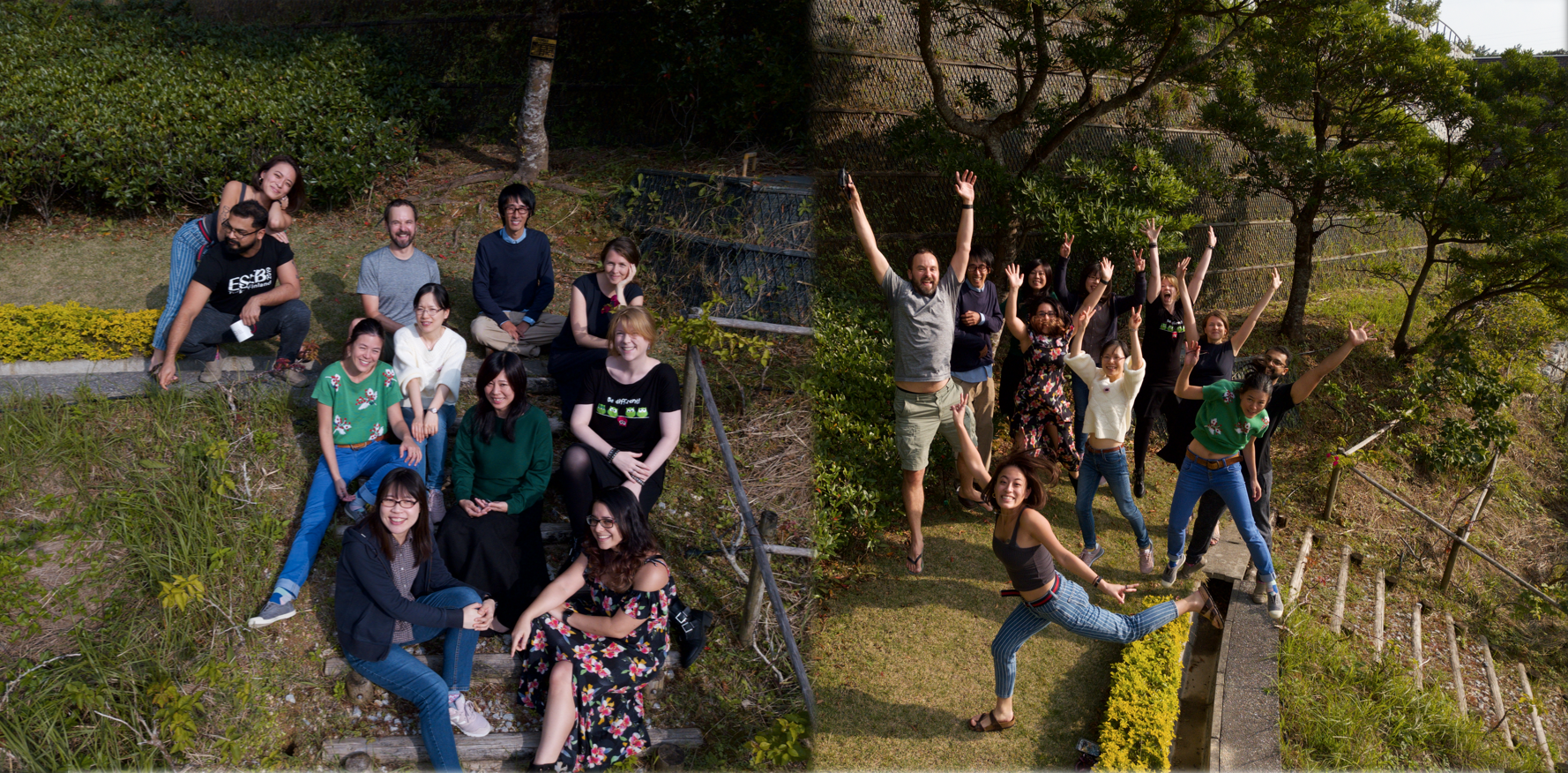Members of the Mikheyev Labs
The Ecology and Evolution research group is part of the Okinawa Institute of Science and Technology Graduate University, where Sasha is currently an adjunct
The Evolutionary Genomics research group is part of the Australian National University, where Sasha is on an Australian Research Council-funded long-term fellowship.
Despite the geographical distance, the units work closely with each other.
Lab members, in their own words
Staff @OIST
Principal investigator
Alexander MIKHEYEV (aka Sasha)
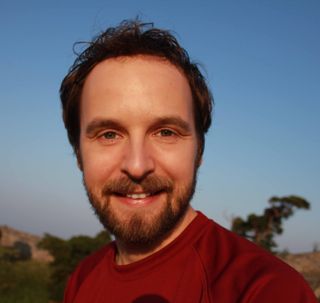 I have broad interests in evolutionary biology, focusing mainly on leveraging the power of next-generation tools for answering long-standing basic questions. As a result, I like to explore new techniques, be they laboratory, computational, or involving new sequencing technologies. Although I started my career in the laboratory and in the field, presently I am more of a bioinformatician. Over the past couple of years, I became increasingly interested in applying short-read sequencing to degraded DNA, such as that found in museum, archaeological or other poorly preserved specimens. Having developed a range of tools for high-throughput processing of degraded insects, are harnessing these tools for projects ranging from ecosystem phylogenetics and phylogeography, to studying evolutionary processes using museum samples. Additionally, I maintain an interest in social insect systems, which I worked on during my graduate studies, and also nurture a more recently acquired research program using snake venoms to understand adaptation. In my spare time, I enjoy long runs, and playing the violin.
I have broad interests in evolutionary biology, focusing mainly on leveraging the power of next-generation tools for answering long-standing basic questions. As a result, I like to explore new techniques, be they laboratory, computational, or involving new sequencing technologies. Although I started my career in the laboratory and in the field, presently I am more of a bioinformatician. Over the past couple of years, I became increasingly interested in applying short-read sequencing to degraded DNA, such as that found in museum, archaeological or other poorly preserved specimens. Having developed a range of tools for high-throughput processing of degraded insects, are harnessing these tools for projects ranging from ecosystem phylogenetics and phylogeography, to studying evolutionary processes using museum samples. Additionally, I maintain an interest in social insect systems, which I worked on during my graduate studies, and also nurture a more recently acquired research program using snake venoms to understand adaptation. In my spare time, I enjoy long runs, and playing the violin.
Research technicians
Miyuki SUENAGA 末永美由紀, 2018-present
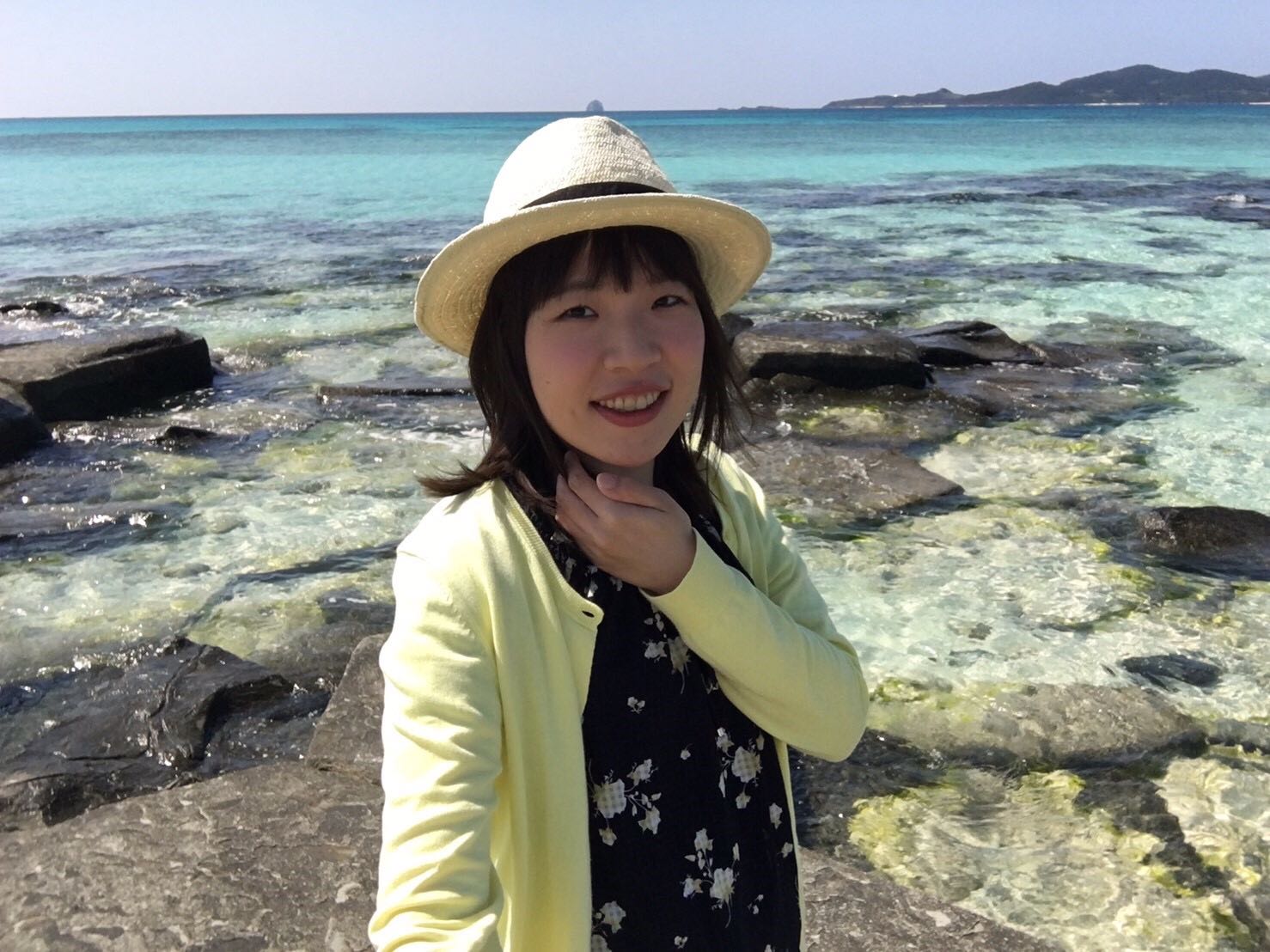 I’m working as a research technician in the Mikheyev Unit. Previously, I finished my master’s degree in Agricultural Science at Kyushu University, studying cell regulation technologies as well as evaluating positive effects of functional food on metabolic diseases. In the moment, I’m working on a honeybee project with Vienna, trying to answer diverse interesting questions using total RNA sequencing of about 2000 frozen, historical honey bee samples which have been collected for more than a decade in the U.S. and Mexico. I’m happy to work here, having the opportunity to gain all that knowledge and experience on NGS technologies.
I’m working as a research technician in the Mikheyev Unit. Previously, I finished my master’s degree in Agricultural Science at Kyushu University, studying cell regulation technologies as well as evaluating positive effects of functional food on metabolic diseases. In the moment, I’m working on a honeybee project with Vienna, trying to answer diverse interesting questions using total RNA sequencing of about 2000 frozen, historical honey bee samples which have been collected for more than a decade in the U.S. and Mexico. I’m happy to work here, having the opportunity to gain all that knowledge and experience on NGS technologies.
I’m originally from Fukuoka in Japan, but I love Okinawan cuisine and culture, as well as the beautiful beaches. In my free time, I also like driving around on the island to enjoy the great scenery.
Endo TATSUYA 遠藤達矢, 2019-present
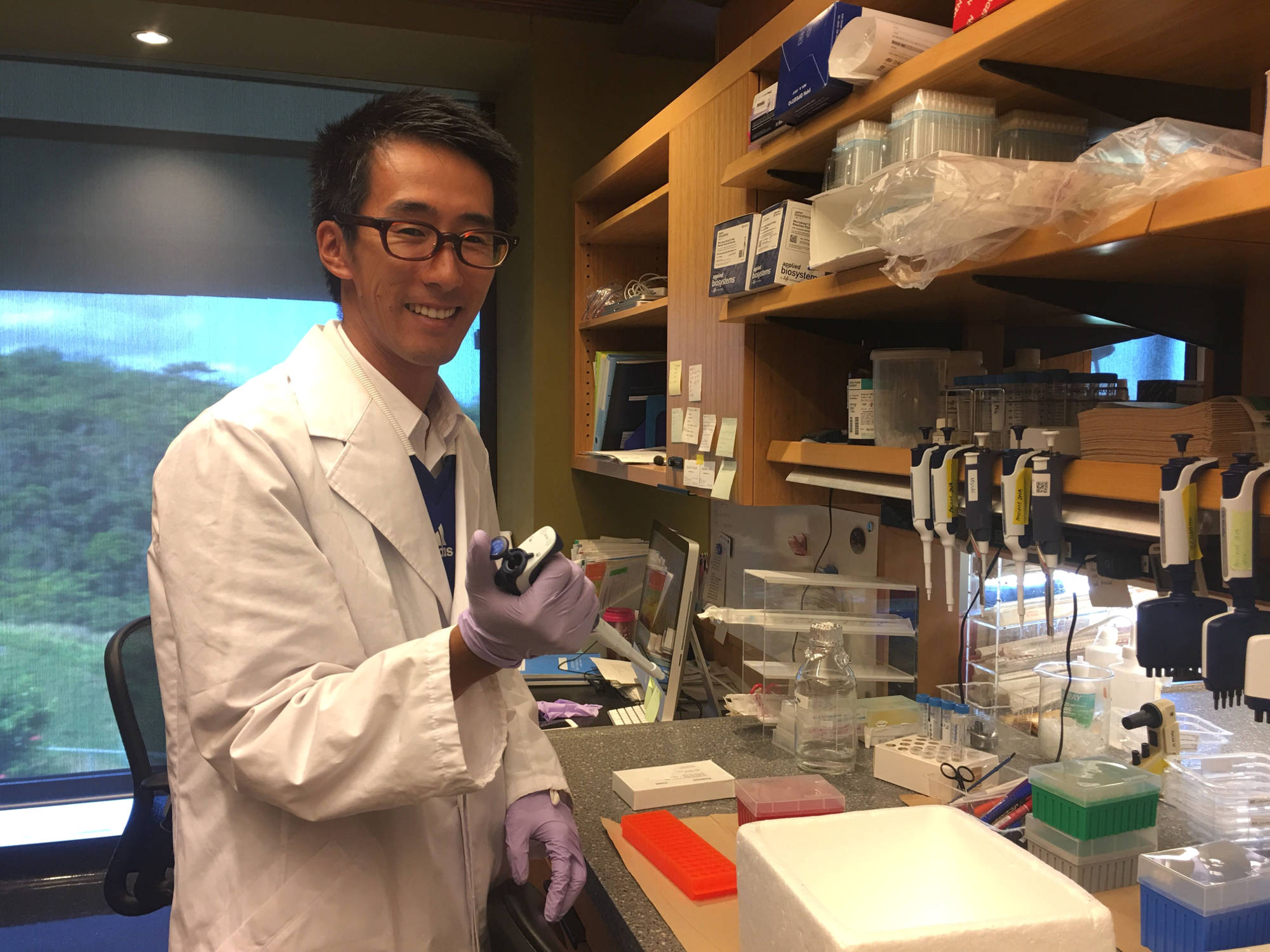 I was born in Hokkaido and have lived in Okinawa since 2015. After joining the Unit as a research assistant, I am making libraries for NGS using my molecular biology background. A lot of honey bees and spiders in our freezers are waiting for me to change them to good libraries. Many visitors also give me interesting samples as well as funny stories. I like that!
I was born in Hokkaido and have lived in Okinawa since 2015. After joining the Unit as a research assistant, I am making libraries for NGS using my molecular biology background. A lot of honey bees and spiders in our freezers are waiting for me to change them to good libraries. Many visitors also give me interesting samples as well as funny stories. I like that!
Postdoctoral researchers
Maeva TECHER, JSPS postdoctoral fellow, 2016-present
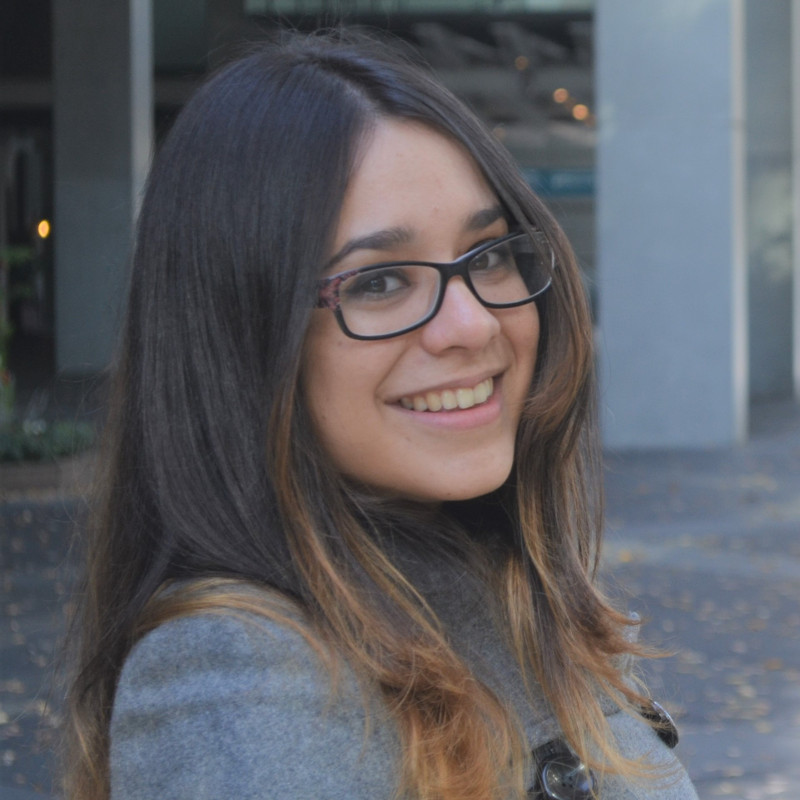 My primary research interests are mainly directed towards understanding how the evolutionary and ecological processes drive and maintain genetic diversity in populations, particularly in islands systems. I completed my PhD at the University of La Réunion on the genetic diversity and phylogeography of the honeybee in the Indian Ocean hotspot of biodiversity. I combined classical population genetics and demographic inferences approaches to better understand from where insular populations may have originated, and which factors shaped their evolution since. Now focusing on Varroa-honeybee model, I have the opportunity to dig into large genomic data to understand what factors drove successful independent host switches and subsequent spread. Using the power and availability of NGS analysis tools, we will investigate history of invasive populations considering complex scenario as isolation with migration.
My primary research interests are mainly directed towards understanding how the evolutionary and ecological processes drive and maintain genetic diversity in populations, particularly in islands systems. I completed my PhD at the University of La Réunion on the genetic diversity and phylogeography of the honeybee in the Indian Ocean hotspot of biodiversity. I combined classical population genetics and demographic inferences approaches to better understand from where insular populations may have originated, and which factors shaped their evolution since. Now focusing on Varroa-honeybee model, I have the opportunity to dig into large genomic data to understand what factors drove successful independent host switches and subsequent spread. Using the power and availability of NGS analysis tools, we will investigate history of invasive populations considering complex scenario as isolation with migration.
In my spare time, I like to relax with videos game, discovering new places in Okinawa, and go to the gym with friends. Also I am a stick insect fan!
![]()
![]()
![]()
![]()
![]() maeva.techer@oist.jp; maeva.angelique.techer@gmail.com
maeva.techer@oist.jp; maeva.angelique.techer@gmail.com
Vienna KOWALLIK, DFG postdoctoral fellow, 2017-present
 I would describe myself as a microbial-ecologist by heart, I am continuously getting excited about this field. Therefore, so far, my scientific work has focused on understanding the role of interspecific interactions in this field. I studied biology at the Christian-Albrechts University in Kiel, Germany continued doing my Ph.D. working on the natural ecology of Saccharomyces yeasts at the Max-Planck-Institute for Evolutionary Biology in Plön, Germany, followed by a year working on eco-evo dynamics in an algae-virus system. I generally enjoy combining different approaches like field work, metagenomics, lab experiments etc. to gain deeper insight into a study system. Here at OIST I want to study the microbiome of honey bees to see which diversity we find, which differences we might see under specific settings and finally which functions the core symbionts have on their host. The honey bee system is perfect to study host-microbiota related questions as it is experimentally tractable, the microbiome is relatively simple and all core bacterial symbionts are cultivable. Lastly, and importantly, it is hard to treat what we do not understand. Therefore, understanding potential benefits which naturally associated symbionts provide to their host can help in the future to systematically improve the health of our worldwide declining honey bee.
I would describe myself as a microbial-ecologist by heart, I am continuously getting excited about this field. Therefore, so far, my scientific work has focused on understanding the role of interspecific interactions in this field. I studied biology at the Christian-Albrechts University in Kiel, Germany continued doing my Ph.D. working on the natural ecology of Saccharomyces yeasts at the Max-Planck-Institute for Evolutionary Biology in Plön, Germany, followed by a year working on eco-evo dynamics in an algae-virus system. I generally enjoy combining different approaches like field work, metagenomics, lab experiments etc. to gain deeper insight into a study system. Here at OIST I want to study the microbiome of honey bees to see which diversity we find, which differences we might see under specific settings and finally which functions the core symbionts have on their host. The honey bee system is perfect to study host-microbiota related questions as it is experimentally tractable, the microbiome is relatively simple and all core bacterial symbionts are cultivable. Lastly, and importantly, it is hard to treat what we do not understand. Therefore, understanding potential benefits which naturally associated symbionts provide to their host can help in the future to systematically improve the health of our worldwide declining honey bee.
Coming from Northern Germany I am amazed by the nature surrounding OIST. The ocean, the forests, the biodiversity….great! In my free time, I enjoy hiking and snorkeling. I love Heavy Metal music and my mood cannot be bad enough that listening to a good, loud song would not make me feel better somehow. Festivals and concerts are clearly great events for me.
Larisa KISELEVA, Staff Scientist, 2019-present
Nurit ELIASH, Postdoctoral researcher, 2019-present
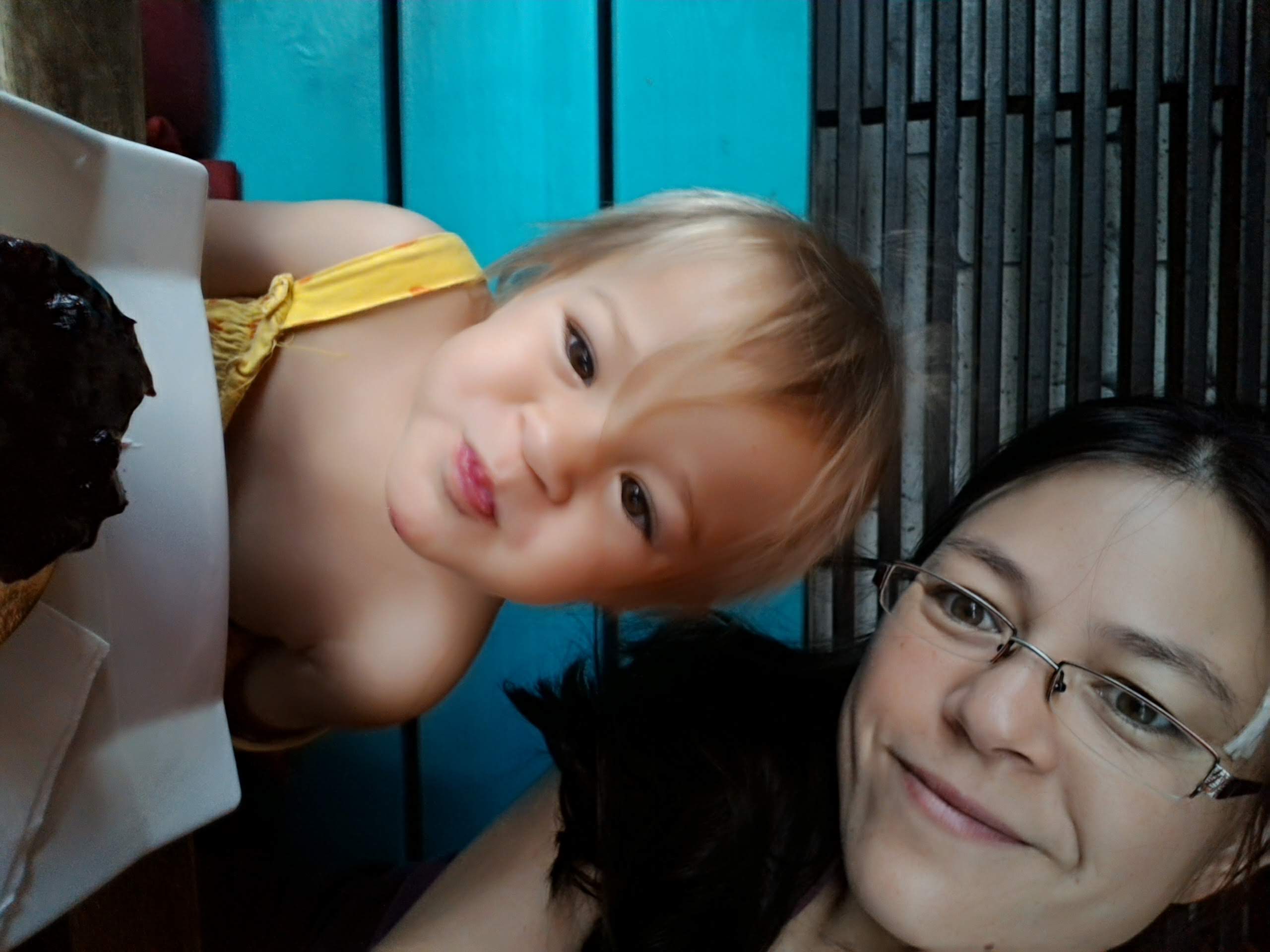 My main research interests are host-parasite co-evolution and the key traits that facilitate it. I completed my Phd. at the Hebrew university and the Agricultural Research Organization (ARO), at the Chemoecology lab of Dr. Vicky Soroker. Using chemical ecology, molecular biology and transcriptomic approaches, I was investigating the interaction of the honeybee and its horrible parasite, the Varroa mite. However, while writing the last chapter of my thesis, I got intrigued by broader questions about this system evolution, and so I fortunately find myself in Sasha’s lab. Currently, Im interested in tackling host- parasites interactions through understating their co-evolution. By combining physiological studies and meta-omics analysis we use the triangle of honey bee - varroa mite - and their vectored viruses, as a model system aiming to reveal the mechanisms underlying host-parasite co-evolution.
My main research interests are host-parasite co-evolution and the key traits that facilitate it. I completed my Phd. at the Hebrew university and the Agricultural Research Organization (ARO), at the Chemoecology lab of Dr. Vicky Soroker. Using chemical ecology, molecular biology and transcriptomic approaches, I was investigating the interaction of the honeybee and its horrible parasite, the Varroa mite. However, while writing the last chapter of my thesis, I got intrigued by broader questions about this system evolution, and so I fortunately find myself in Sasha’s lab. Currently, Im interested in tackling host- parasites interactions through understating their co-evolution. By combining physiological studies and meta-omics analysis we use the triangle of honey bee - varroa mite - and their vectored viruses, as a model system aiming to reveal the mechanisms underlying host-parasite co-evolution.
In the lab, I’m trying to balance between “wet-lab” experiments, playing with bees and mites in the hive, and running analysis/writing on the computer. Born and raised on a top of a mountain in the north of Israel, Okinawa’s dreamy beaches and tropical forests are inspiring new sceneries for my family’s adventures. I love to explore them with my partner, Neri and our two offsprings, Anna and Naama. Most of the time I am just surprised for being able to make a living from asking questions, reading fascinating staff and playing with insects. I can say I am a grateful entomologist:)
Research Unit Administrator
Saori CHAPPELL チャペル 沙織, 2018-today
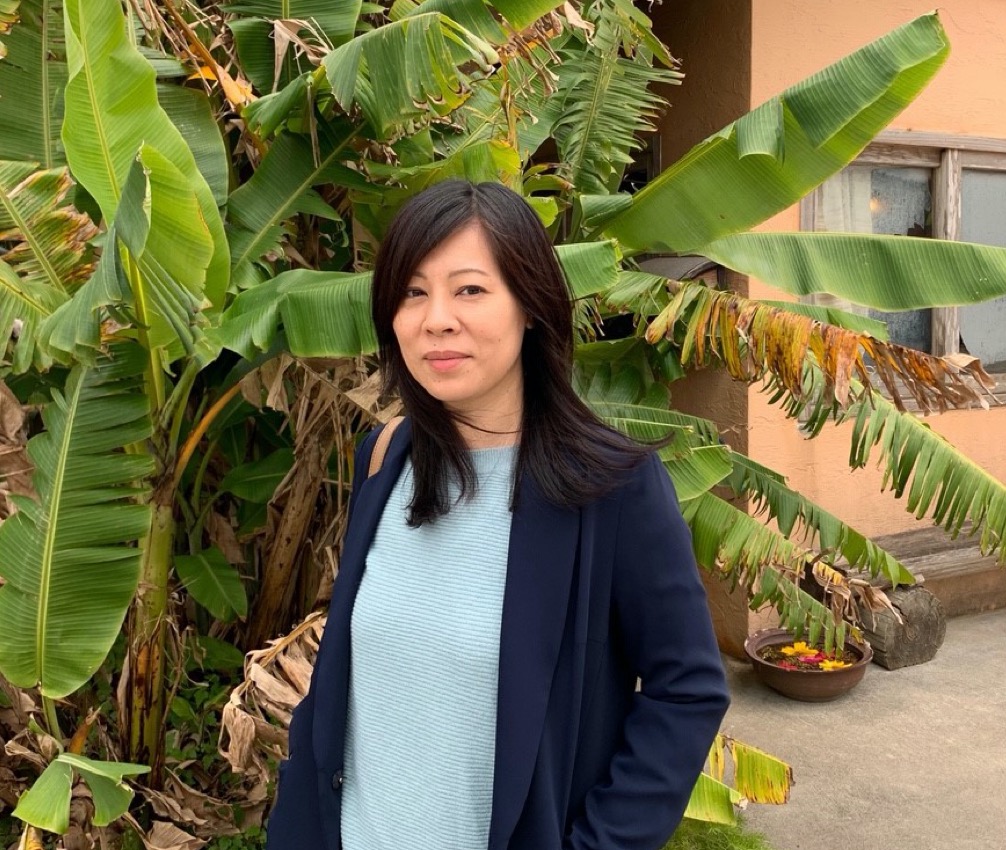 I am from Okinawa and have lived in the UK for ten years. In the Mikheyev unit, my role is to help the unit members achieve their objectives with wide-ranging administrative support. My background is in post-production, which may sounds different from supporting a science group, but adapting and enjoying changes, and being a flexible coordinator is surprisingly similar. I enjoy getting to know everyone’s projects and the opportunity to meet people from all over the world. Outside of work, I am passionate about art, film and also enjoy live music.
I am from Okinawa and have lived in the UK for ten years. In the Mikheyev unit, my role is to help the unit members achieve their objectives with wide-ranging administrative support. My background is in post-production, which may sounds different from supporting a science group, but adapting and enjoying changes, and being a flexible coordinator is surprisingly similar. I enjoy getting to know everyone’s projects and the opportunity to meet people from all over the world. Outside of work, I am passionate about art, film and also enjoy live music.
Ph.D. Students
Agneesh BARUA, PhD student 2016-present
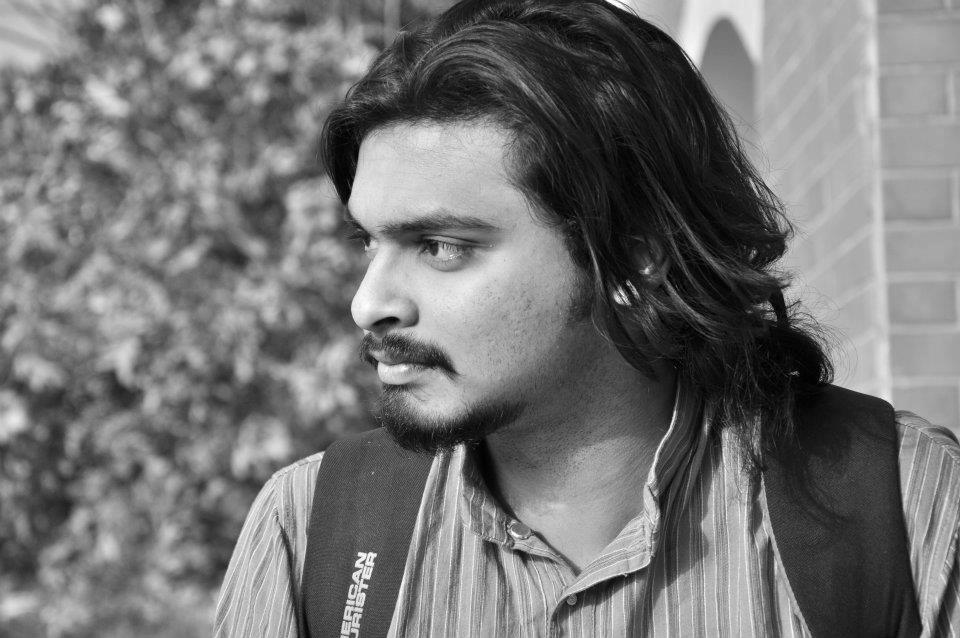 Evolution is a process at the background of all biological phenomenon, and is one that has given shape to our world as we know it. I have been interested in evolutionary biology ever since I first read about Lamarck and Darwin at school, since then I have always wondered why, and how, life decided to take the trajectory it did and produce us intelligent beings. I did my undergrads in Zoology from Delhi University and my masters, in Genetics, from Calcutta University. At OIST I work on snake venom genes to understand how they evolved. Snake venom genes are interesting wherein, in spite of being absolutely essential for the survival of the animal, they show a level of diversity that is similar to that of non essential regions, how this form of diversity still manages to maintain a functional relevance is still unknown.
Evolution is a process at the background of all biological phenomenon, and is one that has given shape to our world as we know it. I have been interested in evolutionary biology ever since I first read about Lamarck and Darwin at school, since then I have always wondered why, and how, life decided to take the trajectory it did and produce us intelligent beings. I did my undergrads in Zoology from Delhi University and my masters, in Genetics, from Calcutta University. At OIST I work on snake venom genes to understand how they evolved. Snake venom genes are interesting wherein, in spite of being absolutely essential for the survival of the animal, they show a level of diversity that is similar to that of non essential regions, how this form of diversity still manages to maintain a functional relevance is still unknown.
Apart from working in the lab, I enjoy reading books, listening to music, doing yoga, and exploring the joyful and vibrant island that is Okinawa.
Visiting researchers
Nonno HASEGAWA, Intern/Visiting researcher, 2019-present
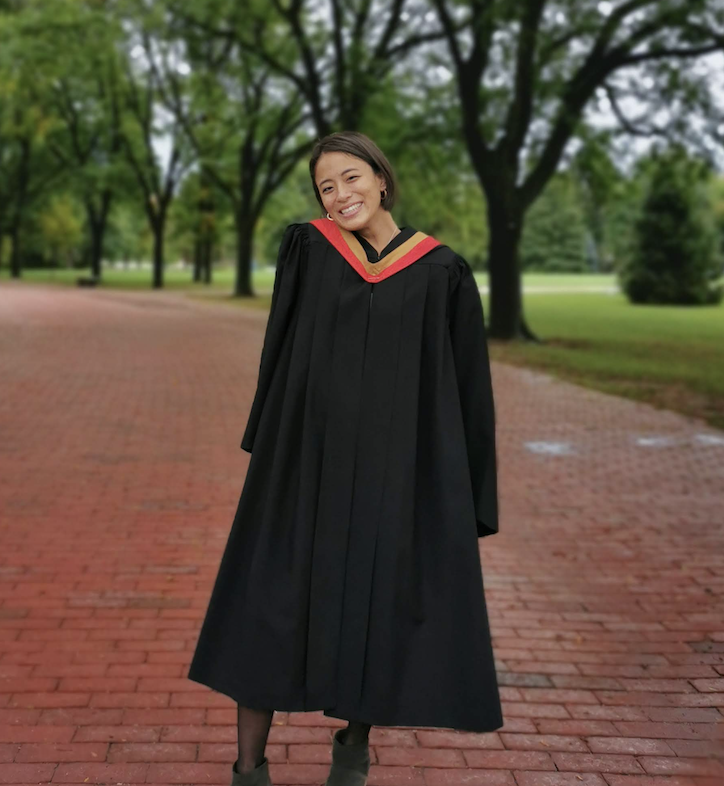 I was born in Nagano and grew up on the coasts of Kanagawa. My interest in science bloomed in high school and I pursued biochemistry during my bachelor degree at the University of Guelph in Canada. Over the years of completing my degree, I was enrolled in a coop program where we find four 4 month work terms in our field. I spent 8 months with Dr. Leonard Foster at the University of British Columbia, where I discovered the passion for bees. I then continued bee research with Dr. Rod Merrill at my home university for nearly 2 years, working on the causative agent of American Foulbrood, Paenibacillus larvae. Summer of 2019 I visited OIST as an intern at the Laurino unit, and came in contact with Sasha. I would love to expand my field in RNA on varroa research, and hope to be enrolled as a PhD student with Sasha in this coming year.
I was born in Nagano and grew up on the coasts of Kanagawa. My interest in science bloomed in high school and I pursued biochemistry during my bachelor degree at the University of Guelph in Canada. Over the years of completing my degree, I was enrolled in a coop program where we find four 4 month work terms in our field. I spent 8 months with Dr. Leonard Foster at the University of British Columbia, where I discovered the passion for bees. I then continued bee research with Dr. Rod Merrill at my home university for nearly 2 years, working on the causative agent of American Foulbrood, Paenibacillus larvae. Summer of 2019 I visited OIST as an intern at the Laurino unit, and came in contact with Sasha. I would love to expand my field in RNA on varroa research, and hope to be enrolled as a PhD student with Sasha in this coming year.
In my free time I love to venture out for waves to be surfed in the Okinawan coasts, playing volleyball, and spending time with my baby cousins.
Staff @ANU
Dr. Ashutosh Das, Research staff, 2019-present
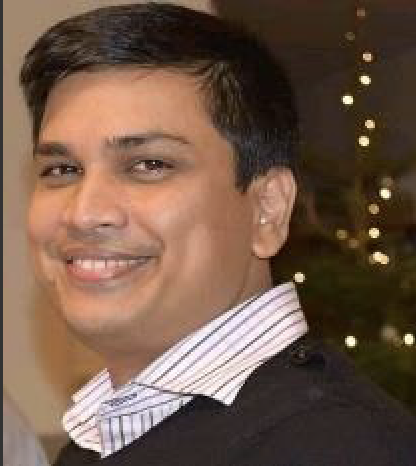 A genetic variant can lead to a change in organism’s phenotypes that may be benign, pathogenic, or of unknown significance. My primary research interest is to understand the functional roles of genetic variants in the evolution and maintenance of traits in animals and plants, or severe Mendelian diseases. While voyaging through my research interest, In December 2015, I obtained my PhD in Genetics from Aarhus University, Denmark, where I studied recessive lethal genetic variants in Danish cattle. After my PhD, I worked as a faculty member at the Department of Genetics and Animal Breeding at Chittagong Veterinary and Animal Sciences University (CVASU), Bangladesh, for three years. In 2018, I held an Endeavour Research Fellowship at Australian National University (ANU), where I worked on approaches to assemble genomes of non-model organisms and to evaluate the quality of de novo assemblies.
A genetic variant can lead to a change in organism’s phenotypes that may be benign, pathogenic, or of unknown significance. My primary research interest is to understand the functional roles of genetic variants in the evolution and maintenance of traits in animals and plants, or severe Mendelian diseases. While voyaging through my research interest, In December 2015, I obtained my PhD in Genetics from Aarhus University, Denmark, where I studied recessive lethal genetic variants in Danish cattle. After my PhD, I worked as a faculty member at the Department of Genetics and Animal Breeding at Chittagong Veterinary and Animal Sciences University (CVASU), Bangladesh, for three years. In 2018, I held an Endeavour Research Fellowship at Australian National University (ANU), where I worked on approaches to assemble genomes of non-model organisms and to evaluate the quality of de novo assemblies.
At ANU, I was keen to pursue a novel research direction incorporating the role of the microbiome into animal health. I ran into Dr. Mikheyev, who was starting a lab at the Australian National University, and we discussed the potential for collaborative projects, and jointly developed an idea of investigation that how the host-associated microbiome may act as an extrinsic inducer of transgenerational effects independent of or in conjunction with host-mediated intrinsic heritable factors. Having worked on the genetics of different systems, I would describe myself as an amateur geneticist. I was born and raised in Bangladesh. When I do not do science, you will find me cooking something delicious, nurturing my plants and watching movies.
Ph.D. Students
Oliver STUART, PhD student 2019-present
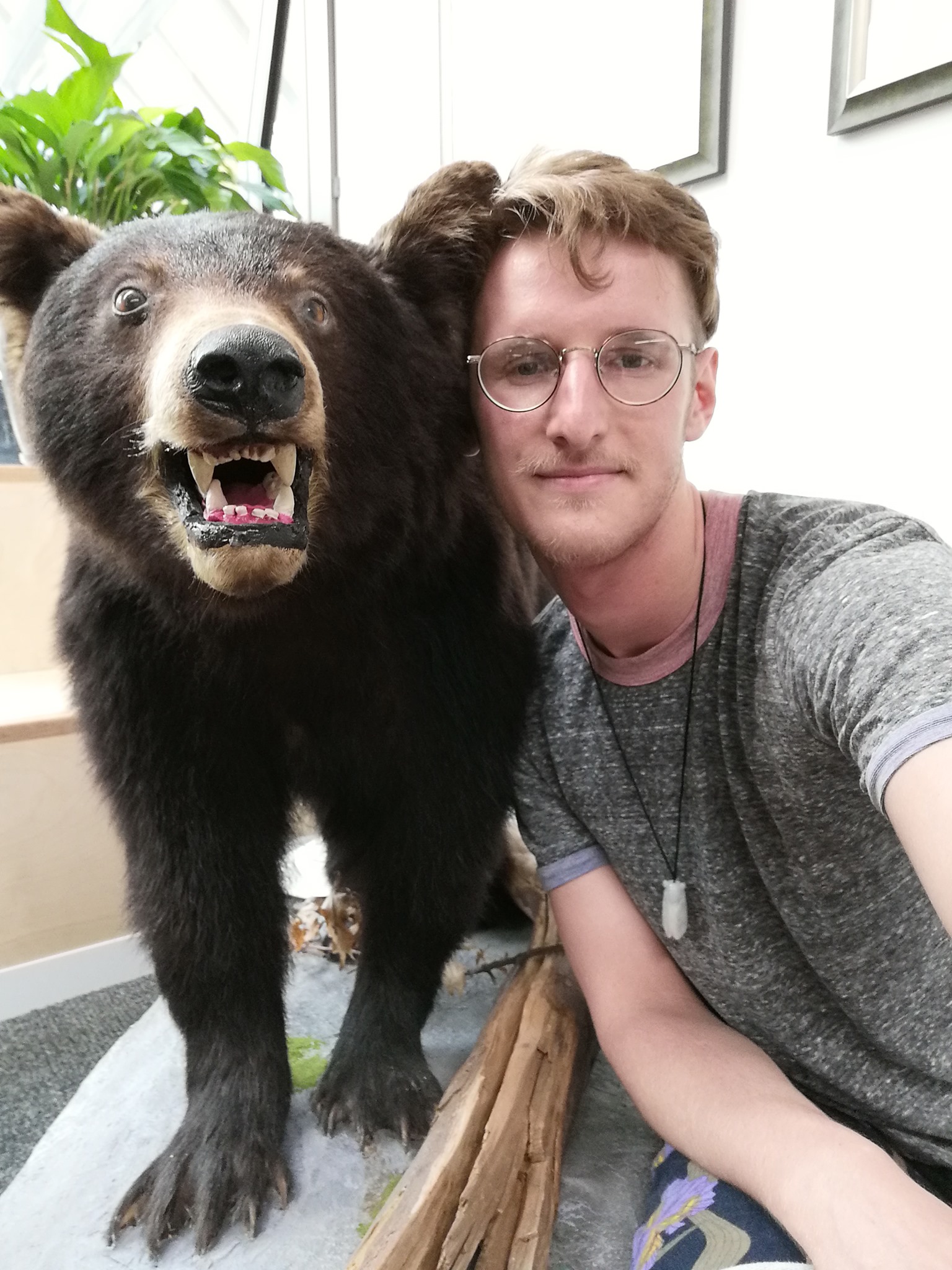 In hindsight, my background is very self-consistent. I spent my spare time as an undergraduate working in an insect physiology laboratory, followed by a brief internship working on the life history of an agricultural pest insect. My masters research focussed on the earwigs of southern Australian crop landscapes. It seems like I might be an entomologist. I still do some work here and there on earwigs and other polyneopterans, either as a volunteer or a researcher, but my thesis project (as PhD candidate at ANU) is the study of the population biology and evolution of the Lord Howe Island stick insect (Dryococelus australis), an iconic and endangered Australian species. I want to better understand how the theoretical oeuvre of population and evolutionary genetics applies to small, inbred populations.
In hindsight, my background is very self-consistent. I spent my spare time as an undergraduate working in an insect physiology laboratory, followed by a brief internship working on the life history of an agricultural pest insect. My masters research focussed on the earwigs of southern Australian crop landscapes. It seems like I might be an entomologist. I still do some work here and there on earwigs and other polyneopterans, either as a volunteer or a researcher, but my thesis project (as PhD candidate at ANU) is the study of the population biology and evolution of the Lord Howe Island stick insect (Dryococelus australis), an iconic and endangered Australian species. I want to better understand how the theoretical oeuvre of population and evolutionary genetics applies to small, inbred populations.
Through my other, non-science undergraduate degree I have a background in ethnic and religious studies, so I maintain an active interest in contemporary and historical religious politics outside working hours. Other than that I like to commit to grand, overambitious baking projects and keep up my piano technique.
Honour students
Claire HOWARD-BRYAN
Visiting researchers
Giobbe FORNI
Collaborators and long-term visitors
Kasia Bozek, Group leader at OIST, Biological Physics Theory Unit
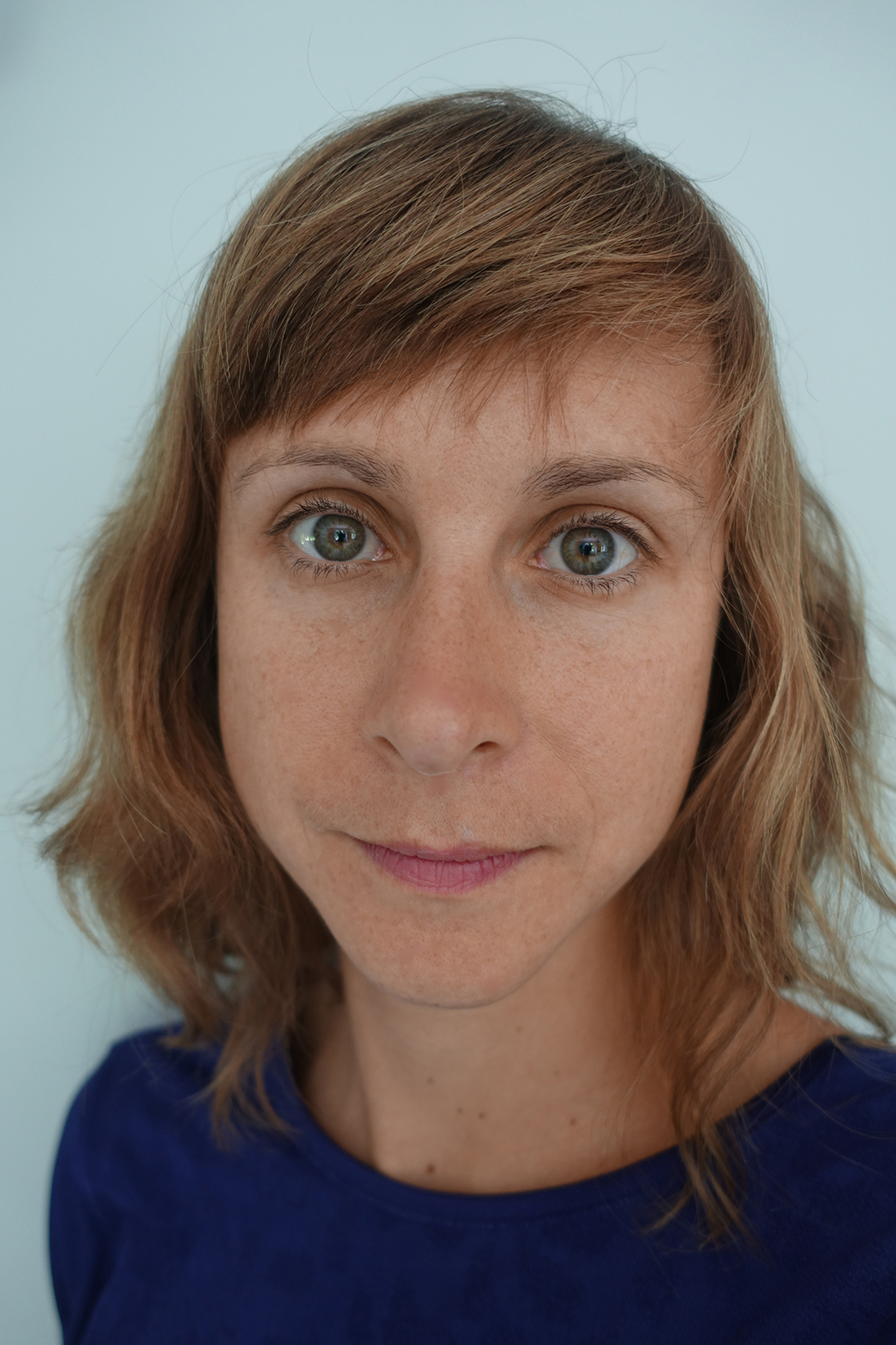 I am interested in applying computational methods to tacking life sciences questions. My background is in computer sciences and during my PhD I became interested in computational biology. I realized how with the current explosion of technologies producing large scale measurements in biology it has became a field of research where one can develop interesting computational strategies and make discoveries without ever working in the real, wet lab. My interests span from HIV drug resistance and evolution, through emergence of human cognition to genomics and behavior of honey bees that we are working on currently at OIST. I used to hate biology at school while right now I’m amazed by how advances in biological technologies together with developments in computing methods and hardware are transforming the way we look at this field research.
I am interested in applying computational methods to tacking life sciences questions. My background is in computer sciences and during my PhD I became interested in computational biology. I realized how with the current explosion of technologies producing large scale measurements in biology it has became a field of research where one can develop interesting computational strategies and make discoveries without ever working in the real, wet lab. My interests span from HIV drug resistance and evolution, through emergence of human cognition to genomics and behavior of honey bees that we are working on currently at OIST. I used to hate biology at school while right now I’m amazed by how advances in biological technologies together with developments in computing methods and hardware are transforming the way we look at this field research.
Claire Morandin, postdoc at the University of Helsinki, Centre of Excellence in Biological Interactions
 I am a Postdoc at the Centre of Excellence in Biological interactions at Helsinki University in Finland. In September 2015, I successfully defended my PhD thesis, with Dr Mikheyev as my co-supervisor. During my PhD I studied the evolution and maintenance of social insect female castes (queen and worker), focusing on the evolution of caste-biased gene expression in ants. I took advantage of the power of genomic methodologies and technologies to provide new insights into mechanisms of social evolution, and the evolution of plastic gene expression. During my postdoc, and again in collaboration with Dr Mikheyev, I will expand my previous work to investigate in more details the transcriptional architecture associated with reproductive division of labor in ants. I use genomics tools such as RNA sequencing, evolutionary analysis, gene co-expression networks and methylation to answer these questions. I have had the chance to visit OIST and beautiful Okinawa five times already, and I absolutely love it, I always come back!
I am a Postdoc at the Centre of Excellence in Biological interactions at Helsinki University in Finland. In September 2015, I successfully defended my PhD thesis, with Dr Mikheyev as my co-supervisor. During my PhD I studied the evolution and maintenance of social insect female castes (queen and worker), focusing on the evolution of caste-biased gene expression in ants. I took advantage of the power of genomic methodologies and technologies to provide new insights into mechanisms of social evolution, and the evolution of plastic gene expression. During my postdoc, and again in collaboration with Dr Mikheyev, I will expand my previous work to investigate in more details the transcriptional architecture associated with reproductive division of labor in ants. I use genomics tools such as RNA sequencing, evolutionary analysis, gene co-expression networks and methylation to answer these questions. I have had the chance to visit OIST and beautiful Okinawa five times already, and I absolutely love it, I always come back!
Alumni
Research Interns
Manasee Weerathunga, 2019 (OIST)
Andrea Pozzi, 2017 (OIST)
James Nugent, 2016 (OIST)
Marie Uemura, 2016 (OIST)
Jigyasa Arora, 2015 (OIST)
Dorothy J. Immaculate, 2015 (OIST)
Jatin Arora, 2014 (OIST)
Shikha Aggarwal, 2014 (OIST)
Honour Students
Elroy Kwan-Au, 2019 (OIST)
Rotation Students
Lazzat Aibekova, 2019 (OIST)
Christine Guzman, 2017 (OIST)
Rob Campbell, 2015 (OIST)
Maggi Mars Brisbin, 2014 (OIST)
Leonidas Georgiou, 2014 (OIST)
Yafei Mao, 2014 (OIST)
PhD Candidates
Rob Campbell (OIST)
Valentin Churavy (OIST)
Carmen Emborski, 2013-2018 (OIST)
Research Technicians
Lijun Qiu, 2013-2020 (OIST)
Yoann Portugal, 2016-2018 (OIST)
Miquel Grau-Lopez, 2013-2017 (OIST)
Jo Tan, 2013-2017 (OIST)
Viet Quoc, 2016-2017 (OIST)
Mandy Tin, 2012-2015 (OIST)
Man Ying Tin. 2010-2011 (OIST)
Postdocs
Ivan Koludarov, 2017-2019 (OIST)
Mariana Velasque Borges, 2017-2019 (OIST)
Michael Holmes, 2015-2016 (OIST)
Lauren Dembek, 2014-2015 (OIST)
Carolina Diaz, 2014-2015 (OIST)
Misato Okamoto Miyakawa, 2012-2014 (OIST)
Yutaka Watanabe, 2010-2013 (OIST)
Research Unit Administrators
Yoko Fujitomi, 2013-2018 (OIST)
Hitomi Shinzato, 2010-2013 (OIST)
